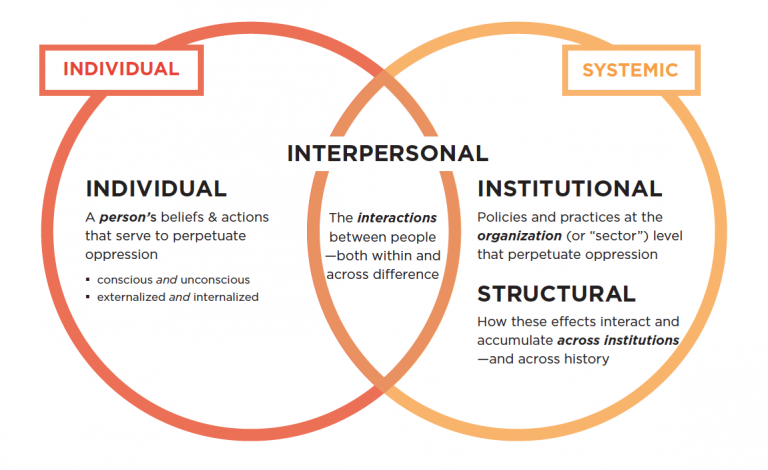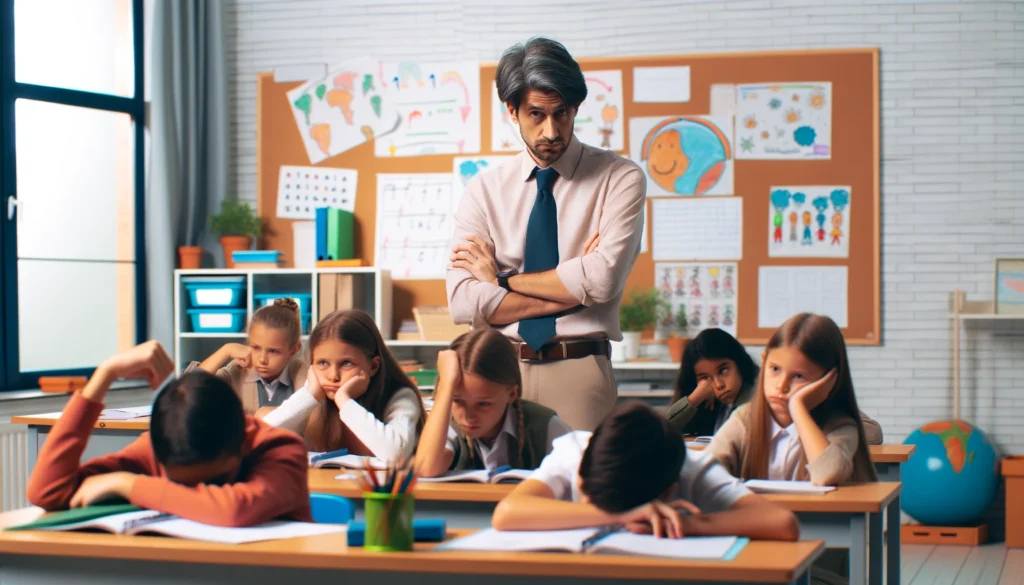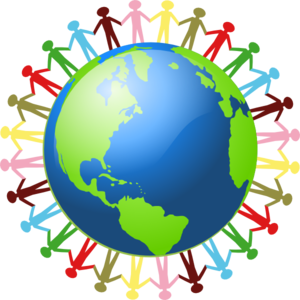"A Short History of Public Schooling" and "The Academic and Social Value of Ethnic Studies":
Schools initially aimed to subordinate children and get them in the mindset of being subordinated, so they grew up as subordinates. This is a terrible thing for a school to accomplish, schools should make their students become people who are well educated, able to make their own opinions and challenge societal issues. Schools began to incorporate ethnic studies to make the curriculum in courses more representative of all people, not just whites. I found multiple parts of the reading interesting, and I found quotes to highlight certain sections.
Christine E. Sleeter writes, "Of the 96 Americans who were named for study in the Framework's course descriptions, they were 77 percent White, 18 percent African American, 4 percent Native American, 1 percent Latino, and 0 percent Asian Americans"(2). This book mainly focused on white people and very little on people of color. They should make each ethnicity equally represented and represented in a fair way and not just be portrayed as victims. If textbooks make a race, specifically those of color victims, students could internalize that message and believe that they are just victims in this society.
Another quote I found interesting discussed the different beliefs of white students and African American students. Sleeter states, "For example, although White fifth graders believed that the Bill of Rights gives rights to everyone, about half of the Black children pointed out that not everyone has rights"(3). These students experienced different issues in their lives, which caused their opinions about rights to vary. African Americans on paper have the same rights as white people, but our society doesn't treat everyone equally even though they all have the same rights.
The final quote I found focused on how white adults do not realize that school curriculums don't include or focus on multiple cultures and ethnicities. Sleeter writes, "White adults generally do not recognize the extent to which traditional mainstream curricula marginalize perspectives or communities of color and teach students of color to distrust or not take school knowledge seriously"(4). White adults don't realize that schools mainly focus on white culture and how this would affect students of color. Students of color would not feel represented in their school curriculum, which would cause them to not feel a part of their school community. Ethnic study courses allow students to become inspired and may even pursue further education to learn about their culture and use what they learn to teach others.
After reading and watching the video, I could see more of the impact and value of ethnic study courses and their positive effect on students, schools, and communities. It is very important that school curricula value all ethnicities and bring equal attention to all of them and make them all equally valued. If schools don't highlight all ethnicities and cultures, students will not feel welcomed at that school or community.





